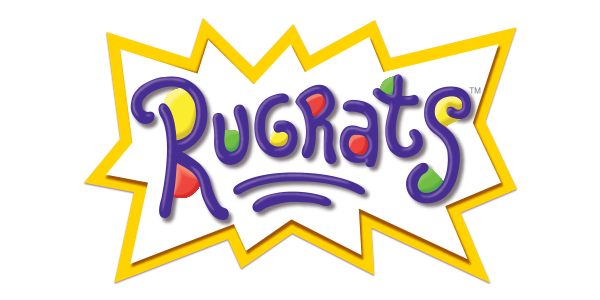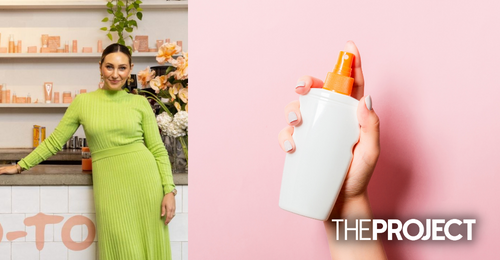Zoe Foster Blake, is concerned the updated code lacks nuance, which may hinder sunscreen uptake.
The TGA (Therapeutic Goods Administration) released a new advertising code which came into effect on July 1.
The code prohibits brands, influencers and celebrities from publishing opinions on therapeutic and some non-therapeutic goods, if the review has been incentivised in some way such as gifting a product, or paying for content to be created and posted.
The TGA's website states that the code came into place to "prohibit certain individuals and organisations from endorsing therapeutic goods or making testimonials about them. This is to ensure consumers are not influenced excessively or inappropriately by endorsements and testimonials, and health care choices are made on the basis of an individual's personal circumstances rather than the experience of another."
The code prevents personal testimonials of therapeutic goods from being used for advertisements.
This includes describing how a product made a person feel when using it, such as describing a sunscreen's texture or ability to make the person's skin feel a certain way, such as hydrated or moisturised.
This change in language permitted in advertising has led to a lot of anger and confusion from influencers, celebrities, brands and even consumers themselves, who often say they benefit from testimonials prior to buying products.
Author and founder of skincare brand Go-To, Zoë Foster-Blake, has criticised the TGA for its new advertising code, claiming it could hinder efforts to get more people wearing sunscreen.
Which is particularly concerning, given how high skin cancer rates are in Australia, with two-thirds of the population being diagnosed with skin cancer before the age of 70, according to Cancer Council Australia.
"I believe elements of this code have the potential to reverse the momentum public health, cancer awareness groups, and skin specialists have been building for years to ensure Australians wear sunscreen daily," Foster-Blake said.
"Many consumers still believe sunscreen is gross, thick, greasy. It is not." "If people don't see other people's honest reviews about the benefits of sensory innovation: what would convince them to try sunscreen again?"
In a statement shared by 9News.com.au, the TGA said the code didn't prohibit advertising or paid endorsements and was focused on ensuring any product reviews were genuine.
"The TGA recognises that sunscreens are an important component of an effective sun protection regime," it said.
"The advertising code does not prevent the advertising of sunscreens and the benefits of using them, and it also permits paid endorsements (for example by sports stars) to promote their use.''
"The code is designed to ensure, as much as possible, that testimonials about therapeutic goods are genuine and not influenced by commercial interests or personal gain, while continuing to allow the promotion of the goods."
Foster-Blake acknowledged having regulatory restrictions around sunscreens is positive but believes the TGA's code lacked "critical nuance".
"I hope the TGA reconsiders the severe restrictions and breathtaking penalties around sunscreen testimonials and helps sunscreen





























